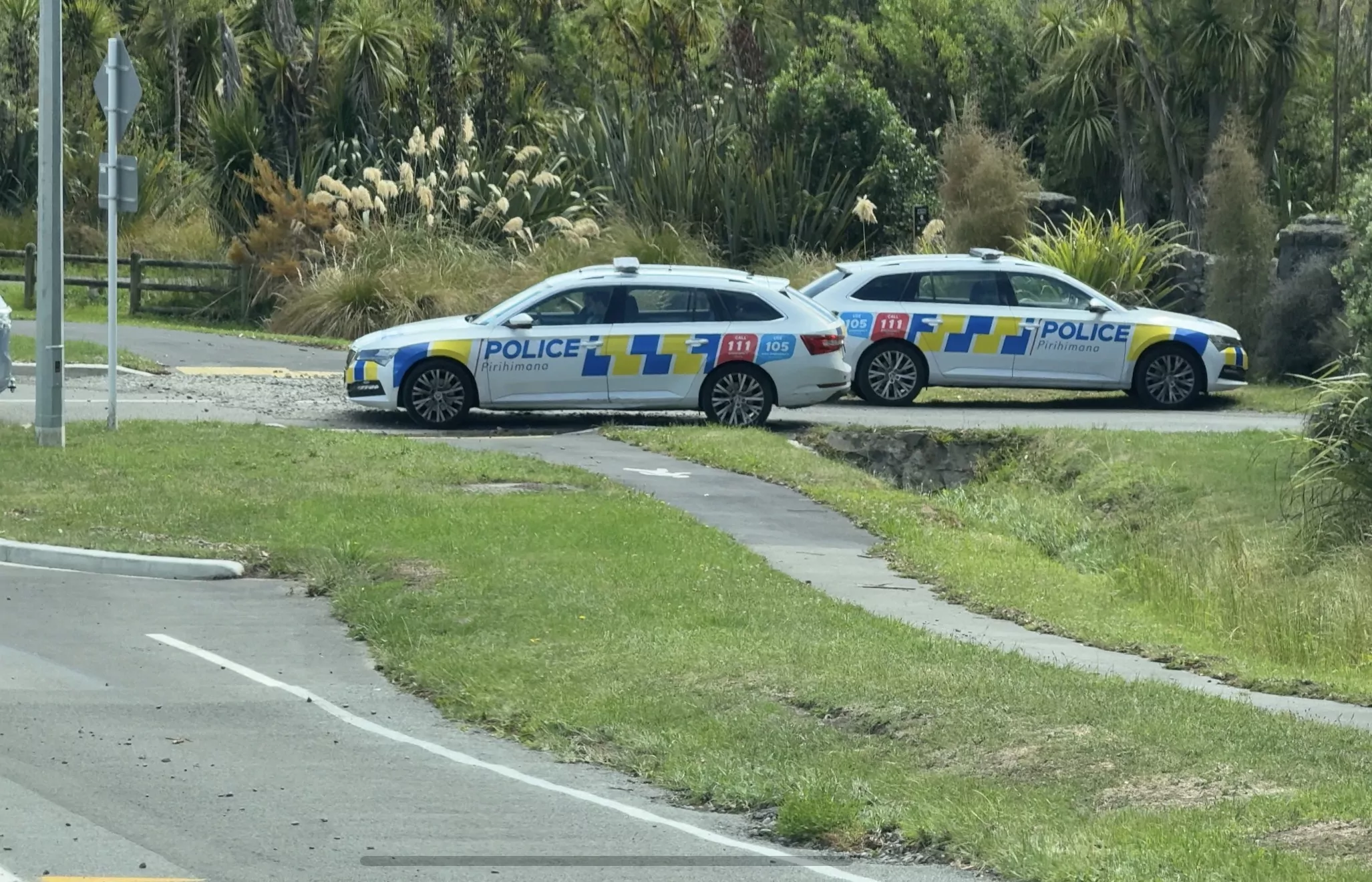Escaped youth tracked by Eagle helicopter, found hiding in New Brighton
The young person who escaped from a youth justice facility in Rolleston has been located...
The Ministry of Social Development has admitted it stopped investigating benefit fraud to redirect its focus on investigating Covid related fraud cases instead.
A current staff member, who spoke to Chris Lynch, on the condition of anonymity said staff were directed by head office in Wellington to take a more relaxed approach to benefit fraud.
“Covid payments, especially in Christchurch, had a massive fraud of applications that were paid to fraudulent people and businesses.”
“No checks were made on any application at the time of applying and this has resulted in all fraud investigators being taken away from investigating benefit fraud since March 2020 – resulting in no investigation into benefit fraud.”
The staff member said payments were made to beneficiary clients who were on a benefit and “had no entitlement to covid payments.”
“All they had to say was they had their own business. Some clients were paid lump sums of $7k and even couples were getting $14k.”
“This will probably never be paid back to the ministry, and investigators have been taken away from benefit fraud to deal with this total mess up.”
Ministry of Social Development Acting Group General Manager of Client Service Support Jason Dwen said the scale of the wage subsidy scheme, with more than $14 billion of payments supporting 1.8 million jobs, meant the ministry had to redeploy its integrity team in 2020 to focus on payments under the scheme.
“We’ve had to reprioritise some of our integrity work, affecting our ability to focus solely on benefit fraud. Given the scale of taxpayer investment in the Wage Subsidy Scheme, we believe we are striking the right balance between business as usual, and ongoing investigation of claimants of the Wage Subsidy.”
Dwen said to date repayments of more than $728m in wage subsidies had been made, with nearly $24m of those repayments made after a request from MSD.
He admitted investigations into benefit fraud were paused in 2020 “to allow a full focus on wage subsidy investigations, except where investigations and prosecutions were at critical stages.
“We have been transitioning more staff back into benefit fraud investigations during 2021.”
The Ministry had identified approximately 21,000 clients in receipt of Jobseeker Support who had also been named as employees in 2020 COVID-19 Wage Subsidy applications.
The Ministry also identified 4,000 self-employed applicants who were in receipt of a main benefit.
Approximately 4,700 self-employed applicants for the Wage Subsidy Extension, and approximately 1,300 self-employed applicants for the Wage Subsidy resurgence indicated they were receiving either Jobseeker Support, Supported Living Payment or Sole Parent Support as part of their Wage Subsidy application.
A further 24,700 employees were named in an application who were also receiving a benefit.
Dwen said from a sample of employees reviewed, around 90% of cases, benefit payments were correct.
Of those which weren’t correct, the average overpayment established was around $1000.
At 31 March 2020, 1,002 investigations were assigned to Fraud Intervention Services staff.
As of 1 June 2021, MSD had completed 267 of these, and the remaining are under investigation.
The current staff member said “figures on Covid fraud are shocking, and benefit fraud is on the rise, yet there are no staff to investigate.”
“They have taken the approach to clear the benefit fraud backlog by just phoning the client and asking – are you in a relationship that you have not told us about ? Or are you working but not declaring income ? If the client says no then the case is closed and there’s no further investigation, this direction has come from Wellington head office.”
The staff member said “New Zealanders would be shocked at how much fraud is not being investigated.”
In response, Dwen said in late 2018, the Ministry had been applying a “three-tier graduated model to respond to allegations of benefit fraud.”
“The model is in line with recommendations of the Welfare Expert Advisory Group to the Government, and is in line with best practice in terms of moving the focus towards prevention and early intervention.”


